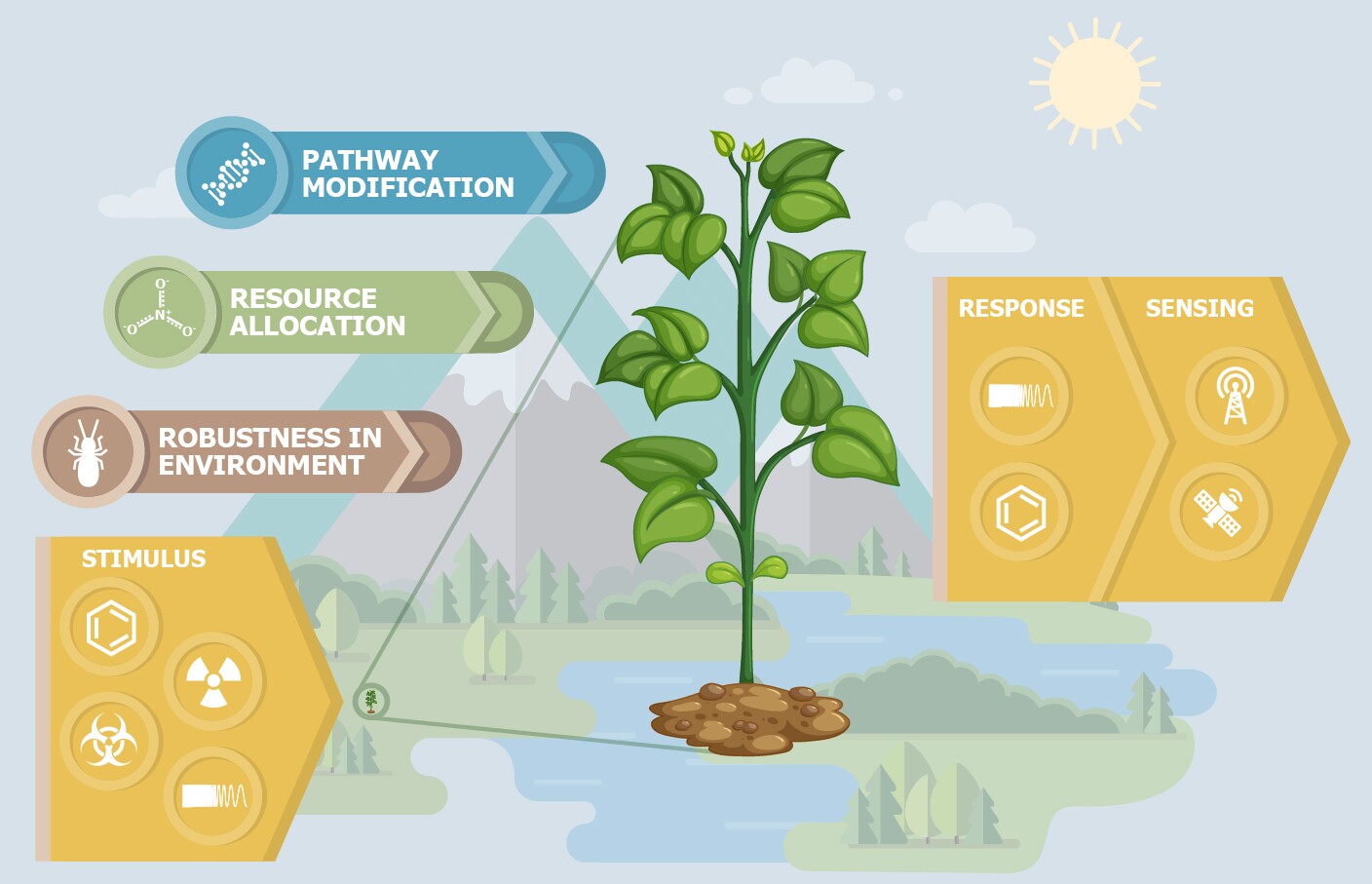There are plenty of gardeners that talk to their plants in the belief that it helps them grow. While plants aren't likely to be eavesdropping on our conversations anytime soon, they could be gathering different types of intelligence if a new DARPA program bears fruit. The agency is pursuing research into genetically modifying plants to turn them into self-sustaining surveillance sensors.
The Defense Advanced Research Projects Agency (DARPA) is essentially the US government's major technology research arm, dedicated to developing innovations that strive for transformational technological change. Just this year we've seen landmark announcements from the agency directing funding to new gene editing technologies and development into brain-computer interface devices.
The latest program to be revealed is called Advanced Plant Technologies (APT) and it is currently seeking proposals from the science and technology community on the potential ways plant physiology could be appropriated to detect "chemical, biological, radiological, and/or nuclear threats, as well as electromagnetic signals."

The aim of the program is to genetically modify certain plants so that specific response mechanisms are triggered when they are presented with specific stimuli. It is suggested that existing hardware can be used to remotely monitor these responses so the plants could essentially be used as organic sensors. As such, the program won't seek to develop new hardware for this purpose, but rely on existing technologies that can already measure such things as a plants' temperature, chemical composition and reflectance.
"Plants are highly attuned to their environments and naturally manifest physiological responses to basic stimuli such as light and temperature, but also in some cases to touch, chemicals, pests, and pathogens," says Program Manager for APT, Blake Bextine. "Emerging molecular and modeling techniques may make it possible to reprogram these detection and reporting capabilities for a wide range of stimuli, which would not only open up new intelligence streams, but also reduce the personnel risks and costs associated with traditional sensors."
No specific plants or external stimuli have been specified yet, as DARPA says these details will be clarified as the research proposals are evaluated. However, the initial announcement does add that the goal is to, "modify multiple and complex traits to give plants new capabilities that enable them to sense and report on numerous stimuli."
Of course, all these preliminary studies will be contained in laboratories, greenhouse environments, or simulated natural environments. Only if the research proves successful will field trials take place under the watchful eye of the U.S. Department of Agriculture's Animal and Plant Health Inspection Service.
Source: DARPA





